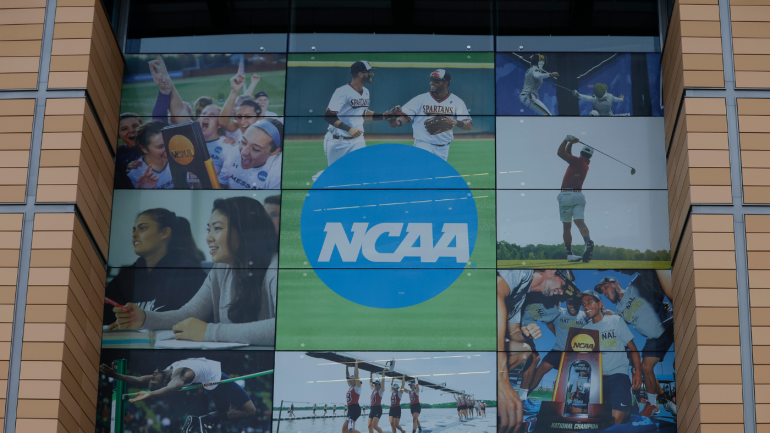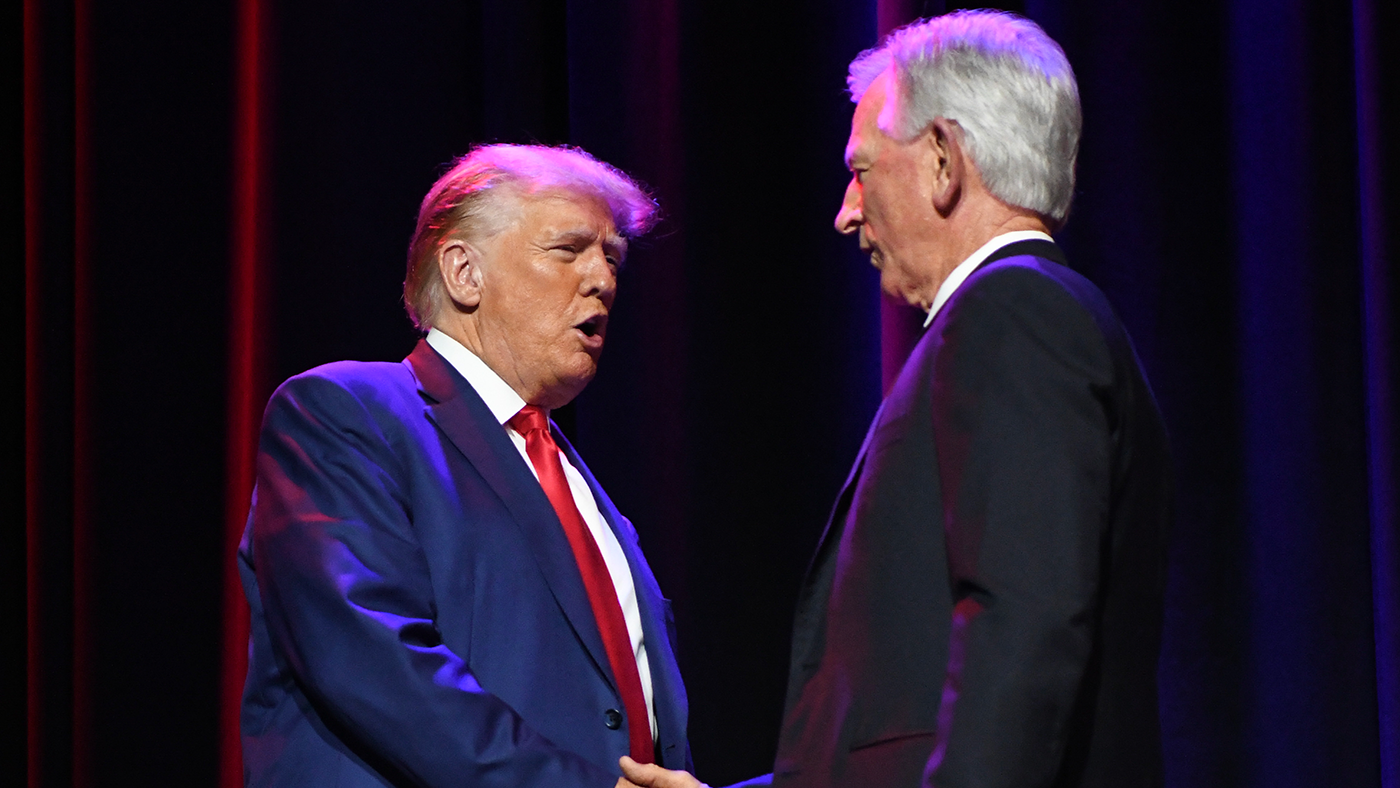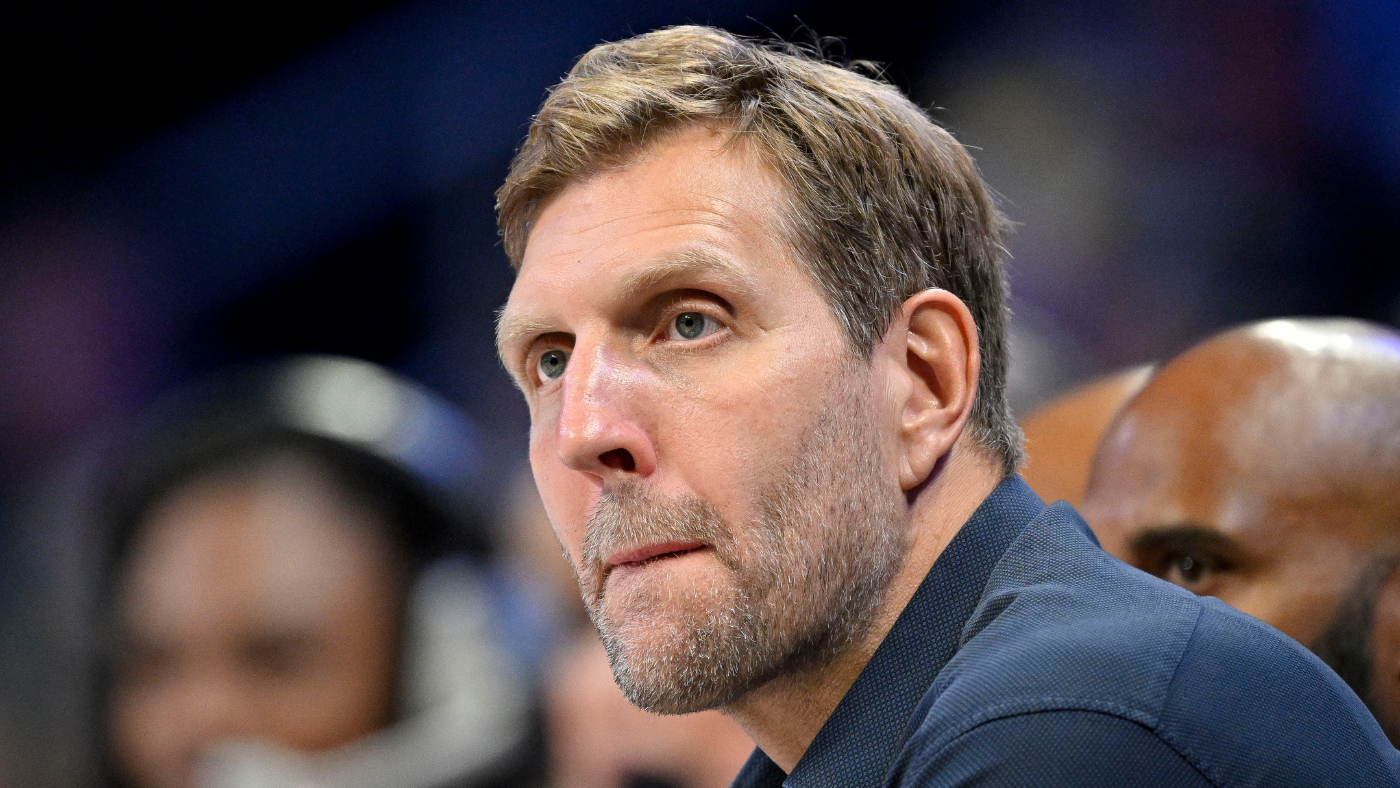

Leaders from the Power Four conferences are circulating a binding document that would radically transform rules enforcement in college football, according to Yahoo Sports.
The contract would create the College Sports Commission, a new entity geared toward rules enforcement. Power Four schools would be required to sign the contract or risk being expelled from their leagues and having member schools refuse to play games against them. Additionally, it would limit the ability for schools to sue over enforcement decisions, radically transforming the outlook of the new era of college athletics.
If the document is signed, it would create legitimate enforcement power that would put an end to the largely unregulated market that exists in the present environment. Notably, it would make schools subject to decisions by an NIL clearinghouse, which would judge whether outside NIL contracts represent true "market value." It would also ensure that all power conference schools fully comply with the upcoming House v. NCAA lawsuit settlement, which is expected to be finalized in the coming days and will allow direct pay-for-play for the first time in history.

The potential agreement comes in the wake of a wave of legal complications at the state level. Multiple states have considered legislation that would prevent the settlement from being legally enforceable in their states. Notably, Tennessee passed a law last week that would prevent rules that violate state laws -- which such an agreement would seem to do. However, schools voluntarily entering into such a deal would be another legal complication.
The new College Sports Commission structure would seem to echo one that was proposed by NCAA president Charlie Baker in Dec. 2023, which would create a new subdivision to create rules for the small group of schools that compensates players.
However, the CSC would seem to be an attempt to create it outside of the NCAA's authority -- and potentially begin the process of removing administration of the sport from the NCAA. ESPN reported that the NCAA could step away from enforcement and a CEO is expected to be hired to lead it shortly after the House case is settled.
Taming the Wild West
Schools have taken advantage of the fully unregulated NIL market that emerged in 2021. In the beginning, the NCAA attempted to set rules and guidelines to limit the flow of unregulated money to athletes, especially by boosters. However, after a number of legal challenges, the NCAA has lost nearly every lever of power available to it.
Ultimately, that's the primary catalyst for a third party to be created. Making it a voluntary organization in the wake of the settlement would help make the case to the courts that it's a legitimate group with authority. Additionally, it would allow the NCAA to step away from an extraordinary amount of legal liability if enforcement power is taken off its plate.
Nearly every stakeholder involved wants there to be clear rules and enforceable regulations. The sport has no chance of reaching a conclusion until they come. However, the right of richer institutions to leverage advantages will be a final piece that has to be resolved.

Is it enforceable?
The College Sports Commission would be an attempt to create a legally allowable enforcement mechanism so that the sport can have laws. But in the case where Tennessee has a law preventing NIL rules that it views as illegal, can the University of Tennessee voluntarily take part in this deal? Can the courts clear them? Can anyone?
Ultimately, that's where we are at this point. Any final solution will require clear court decisions and successful defenses. When college commissioners and administrators continue to fly to Washington, D.C., to lobby for federal legislation, this is why.
Only Congress can supersede every other stakeholder, including state governments and the courts.












